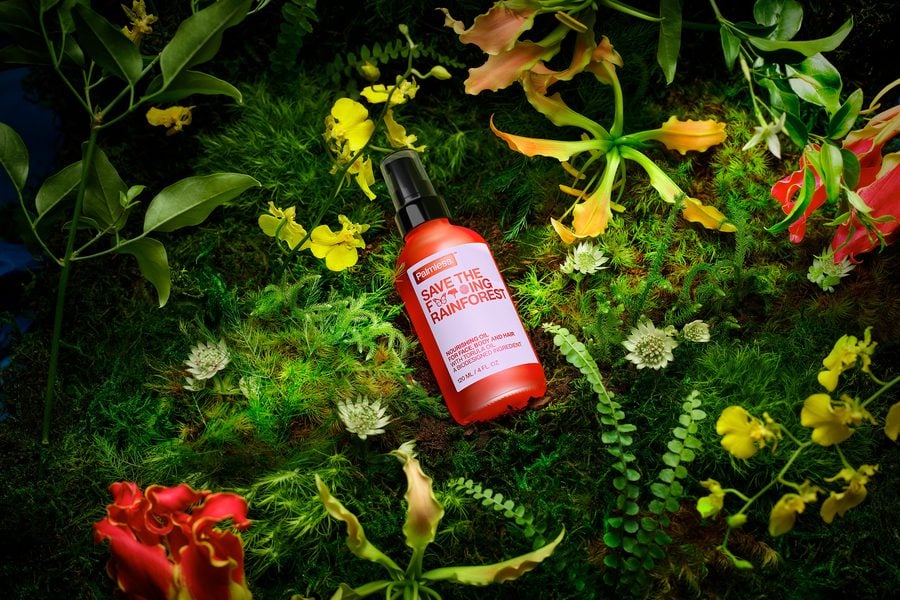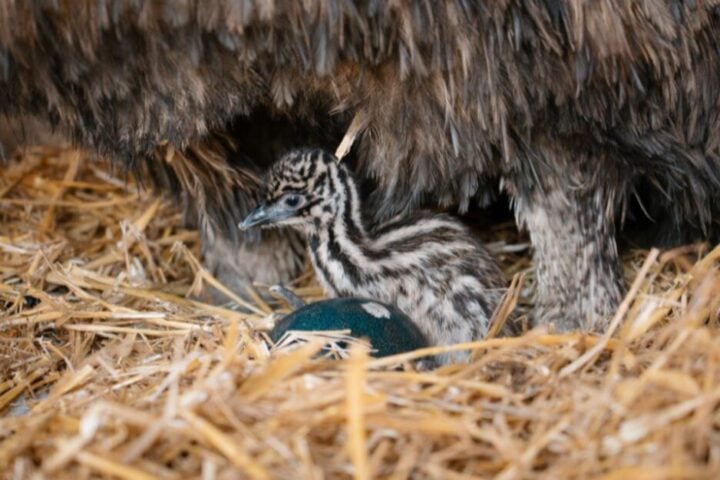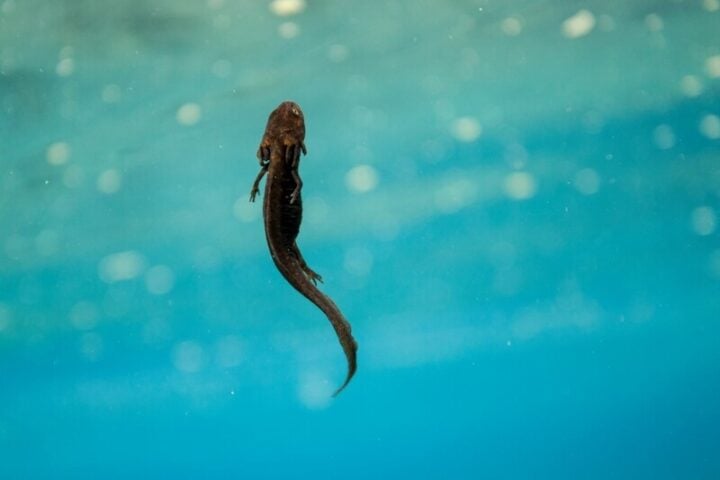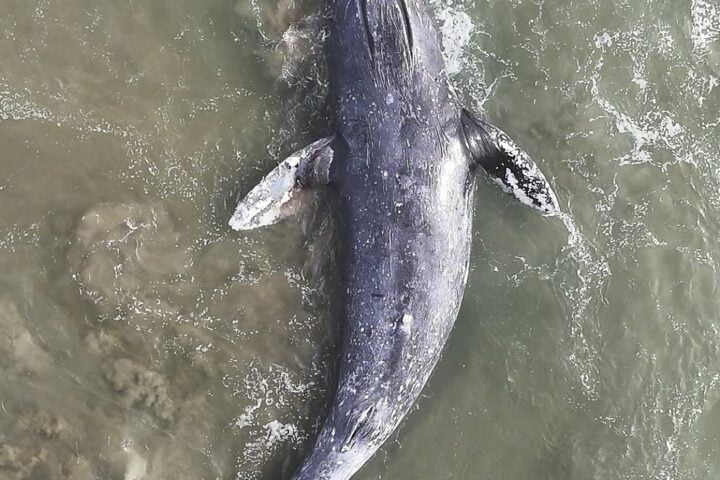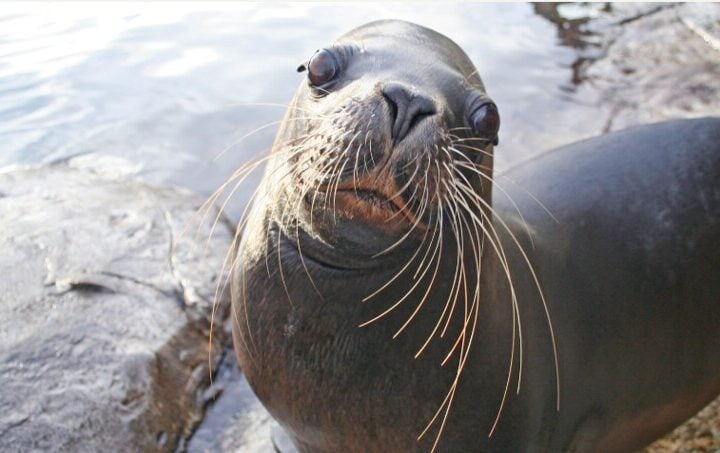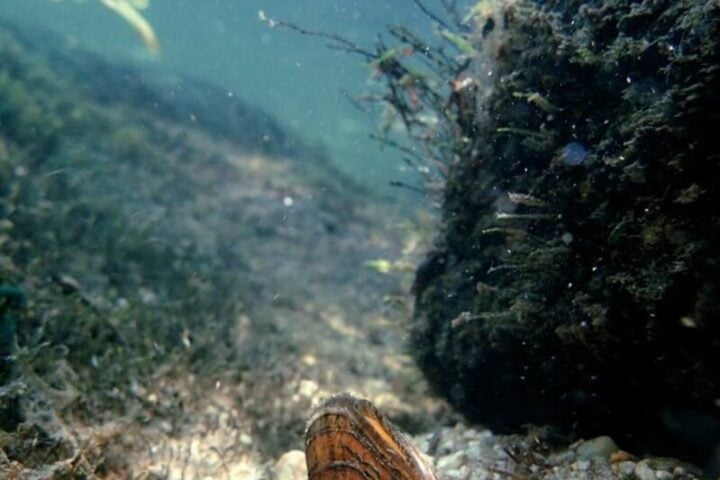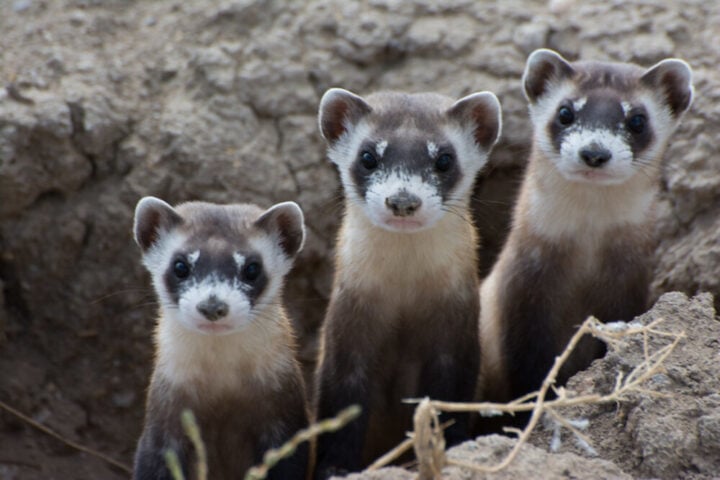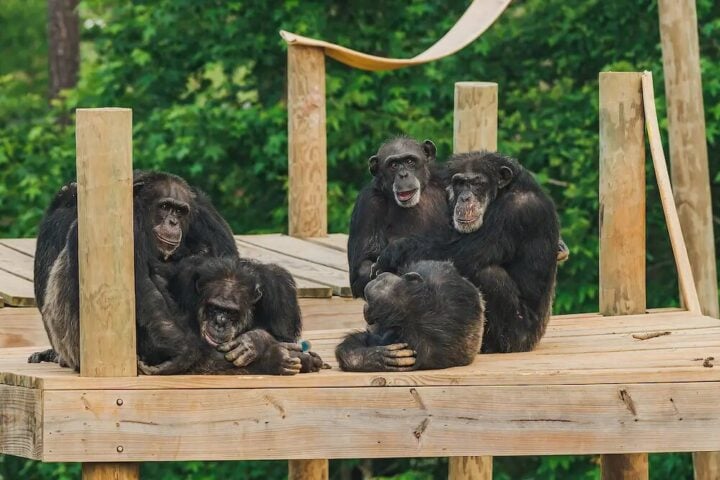Palm oil is one of the cheapest and most widely used vegetable oils found in various products. From sauces and bread to soaps and cosmetics to chocolates and crisps, palm oil is in high demand. However, its production has severe environmental consequences. Increasingly, tropical rainforests and wetlands are being cleared to make way for palm plantations. This deforestation destroys wildlife habitats and leads to significant greenhouse gas emissions. A team of researchers made up of Massachusetts Institute of Technology (MIT) alumni developed a sustainable alternative called “Microbial oil.” This new alternative has the potential to revolutionize the palm oil industry.
C16 Biosciences: A Clean Alternative to Palm Oil
In response to the destructive practices of palm oil production, MIT alumni David Heller, Shara Ticku, and Harry McNamara founded C16 Biosciences. The company aims to provide a clean alternative to palm oil and address the environmental concerns associated with its production.
Synthetic Biology: Pioneering Sustainability
C16 Biosciences employs synthetic biology to create a sustainable substitute for palm oil. Through their fermentation process, they harvest “Torula Oil” from oil-producing yeast, similar to the method used in brewing beer. This approach allows them to scale up production and offer a viable alternative to traditional palm oil.
Raising Awareness and Challenging Industry Norms
C16 Biosciences actively promotes awareness of the issues related to the palm oil industry, advocating for change despite palm oil’s widespread use in our culture. While their initial product, Torula Oil, is currently more expensive than conventional palm oil, C16 emphasizes that the true costs of palm oil production to society and the environment are not reflected in its price.
Similar Post
Advantages and Future Prospects
C16 Biosciences recognizes several advantages in their pursuit of disrupting the $60 billion palm oil sector. They highlight the potential for increased productivity through their precise fermentation process, which surpasses the limitations of enhancing traditional agricultural practices. Moreover, as the company expands, they anticipate a decrease in prices, making their sustainable alternative more accessible.
Industry Partnerships and Future Goals
C16 Biosciences is actively forming partnerships with significant personal care brands and expects to announce significant transactions in the near future. While their current focus lies in personal care products, they also have ambitions to replace palm oil in culinary goods. However, additional regulations may delay this goal for a few years.
Urgency and Potential for Change
The environmental and social impacts of palm oil production need to be addressed urgently. The palm oil plantations are currently expanding in Southeast Asia, South America, and West Africa. It is responsible for the rise in greenhouse gas emissions and endangers species such as orangutans and many others. C16 Biosciences’ microbial oil offers an essential opportunity to improve the sustainability of the personal care and food industries, providing a solution to a far-reaching problem.
Bottom Line
C16 Biosciences’ innovative approach to creating a sustainable alternative to palm oil showcases the power of synthetic biology. By harnessing the potential of oil-producing yeast, they have developed a viable solution to address the destructive practices associated with palm oil production. With ongoing efforts to raise awareness, form industry partnerships, and expand their product offerings, C16 Biosciences is poised to revolutionize the palm oil industry and contribute to a more sustainable future.
